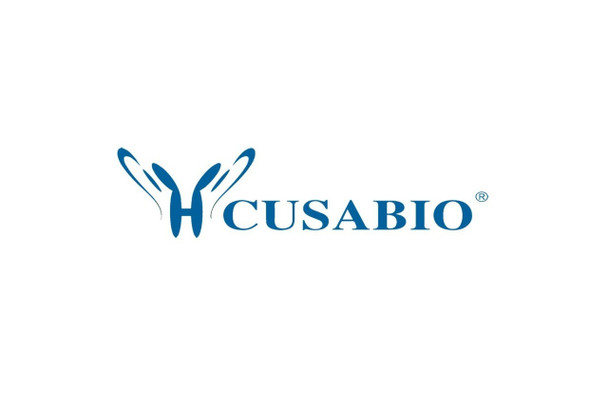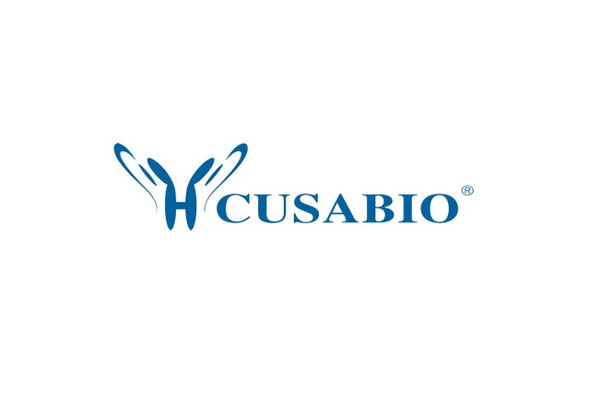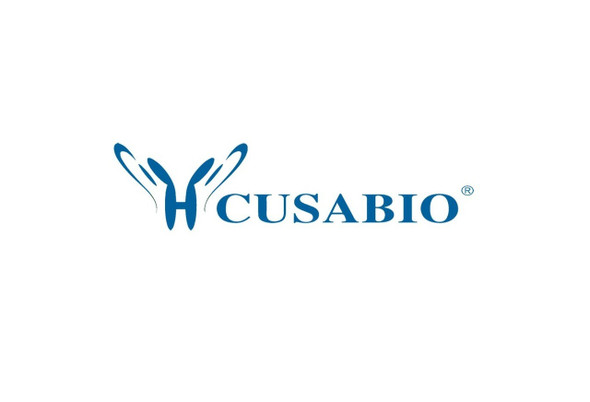Cusabio Polyclonal Antibodies
USP9X Antibody, FITC conjugated | CSB-PA856610LC01HU
- SKU:
- CSB-PA856610LC01HU
- Availability:
- 3 to 7 Working Days
Description
USP9X Antibody, FITC conjugated | CSB-PA856610LC01HU | Cusabio
USP9X Antibody, FITC conjugated is Available at Gentaur Genprice with the fastest delivery.
Online Order Payment is possible or send quotation to info@gentaur.com.
Product Type: Polyclonal Antibody
Target Names: USP9X
Aliases: Probable ubiquitin carboxyl-terminal hydrolase FAF-X (EC 3.4.19.12) (Deubiquitinating enzyme FAF-X) (Fat facets in mammals) (hFAM) (Fat facets protein-related, X-linked) (Ubiquitin thioesterase FAF-X) (Ubiquitin-specific protease 9, X chromosome) (Ubiquitin-specific-processing protease FAF-X), USP9X, DFFRX FAM USP9
Background: Deubiquitinase involved both in the processing of ubiquitin precursors and of ubiquitinated proteins. May therefore play an important regulatory role at the level of protein turnover by preventing degradation of proteins through the removal of conjugated ubiquitin. Essential component of TGF-beta/BMP signaling cascade. Regulates chromosome alignment and segregation in mitosis by regulating the localization of BIRC5/survivin to mitotic centromeres. Specifically hydrolyzes both 'Lys-29'- and 'Lys-33'-linked polyubiquitins chains. Specifically deubiquitinates monoubiquitinated SMAD4, opposing the activity of E3 ubiquitin-protein ligase TRIM33. Involved in axonal growth and neuronal cell migration.
Isotype: IgG
Conjugate: FITC
Clonality: Polyclonal
Uniport ID: Q93008
Host Species: Rabbit
Species Reactivity: Human
Immunogen: Recombinant Human Probable ubiquitin carboxyl-terminal hydrolase FAF-X protein (2360-2484AA)
Immunogen Species: Human
Applications: ELISA
Tested Applications: ELISA
Purification Method: >95%, Protein G purified
Dilution Ratio1:
Dilution Ratio2:
Dilution Ratio3:
Dilution Ratio4:
Dilution Ratio5:
Dilution Ratio6:
Buffer: Preservative: 0.03% Proclin 300
Constituents: 50% Glycerol, 0.01M PBS, pH 7.4
Form: Liquid
Storage: Upon receipt, store at -20°C or -80°C. Avoid repeated freeze.
Initial Research Areas: Cell Biology
Research Areas: Epigenetics & Nuclear Signaling;Neuroscience;Cell biology






